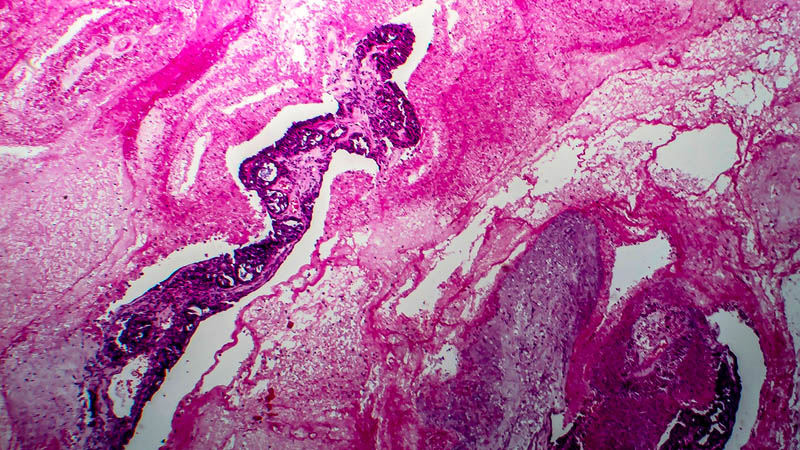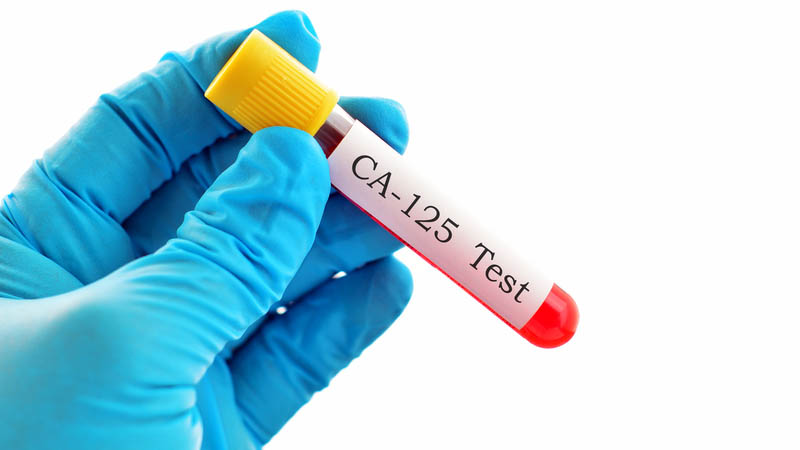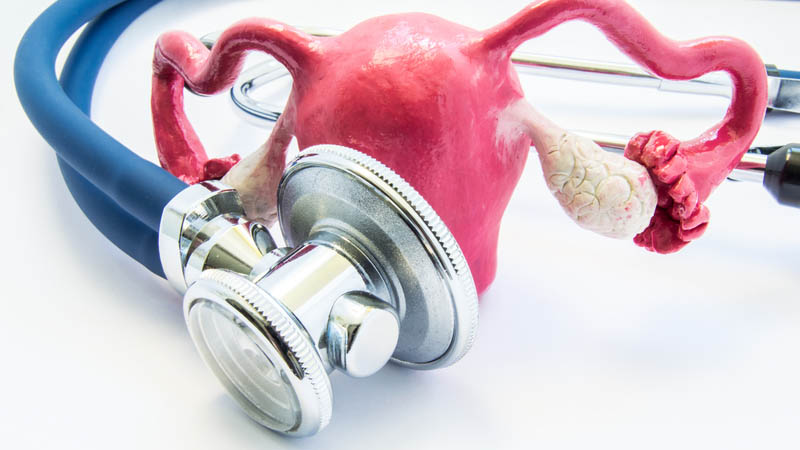The association of selected biochemical and clinical factors with the result of interval cytoreductive surgery in patients with advanced ovarian cancer
Arkadiusz Chil1, Agnieszka Wrona-Cyranowska1, Leszek Smorąg1, Marcin Misiek1, Katarzyna Detka1, Joanna Krawczyk1, Stanisław Góźdź2, Józef Starzewski1
 Affiliacja i adres do korespondencji
Affiliacja i adres do korespondencjiObjectives: In patients with advanced ovarian carcinoma interval cytoreductive surgery has gained some popularity despite the lack of conclusive evidence that these patients have more favorable prognosis in comparison with patients after primary debulking surgery. However, the reduced morbidity and mortality in patients with FIGO III and IV ovarian carcinoma warrants consideration of interval cytoreductive surgery after 3-4 courses of chemotherapy as an alternative mode of approach. The main question is selection of patients in whom interval surgery after neoadjuvant chemotherapy will allow for optimal cytoreduction. Design: Retrospective assessment of factors, which may help to predict the feasibility of optimal interval cytoreductive surgery following neoadjuvant chemotherapy. Material and methods: 51 patients with advanced ovarian carcinoma of FIGO IIIC after explorative laparotomy and neoadjuvant chemotherapy treated in Holy Cross Cancer Center in years 2000-2004 were divided into two groups. The first group consisted of 23 patients, in which optimal interval cytoreductive surgery was performed (residual tumor size <1 cm). The second group included 28 patients where optimal interval cytoreductive surgery could not be achieved (residual tumor size >1 cm). The two groups were compared with regard to: patient age, histological type of carcinoma, tumor grade, localization of neoplastic lesions, presence of ascites, preoperative serum Ca 125 level, platelet count. The quantified variables were compared with the use of U Mann-Whitney test. To compare qualified variables exact Fisher test was applied. In order to assess the influence of a few factors on the result of surgery logistic regression was used. Results: Statistically significant relationship between impossibility of performing optimal interval cytoreductive surgery and superficial metastases to the liver (p<0.05) was detected. No other factors were statistically related to the result of interval surgery. Conclusions: In our study only the presence of superficial liver metastases before application of neoadjuvant chemotherapy was associated with a low probability of achieving optimal interval cytoreduction. The influence of other factors was not confirmed.









